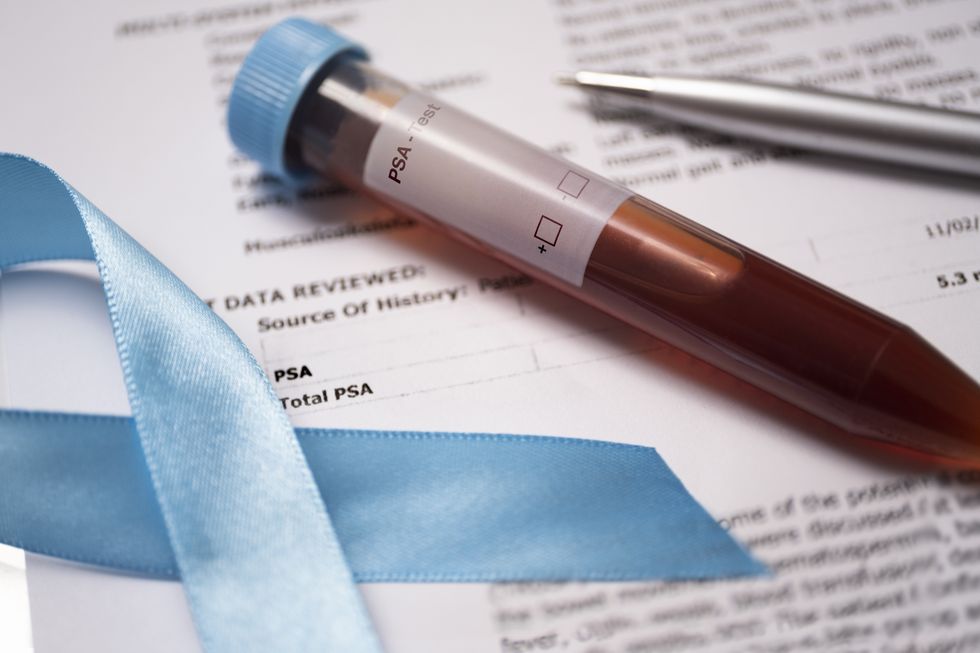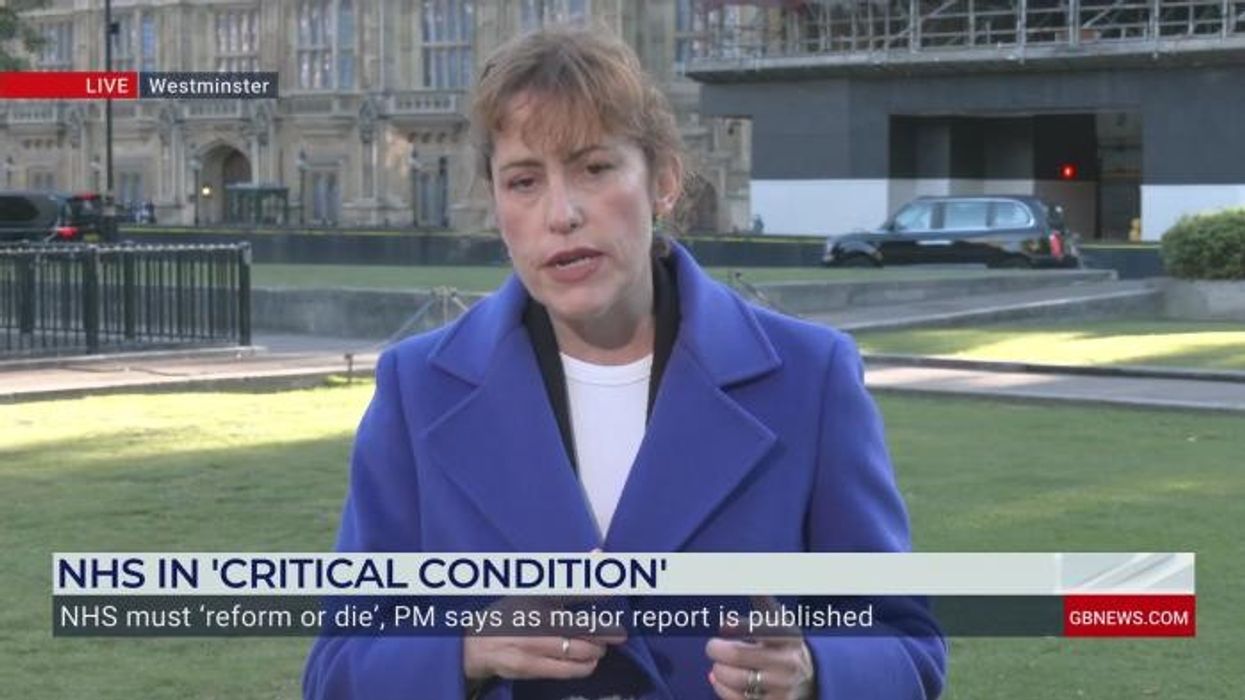Prostate cancer breakthrough: New experimental medicine seen to shrink advanced tumours
Experts believe the breakthrough is an 'exciting step' towards tackling current obstacles in their field
Don't Miss
Most Read
A breakthrough experimental drug has shown promising results in shrinking advanced prostate cancer tumours, offering new hope for men whose current treatments have stopped working.
The drug, known as NXP800, has demonstrated effectiveness in laboratory trials at the Institute of Cancer Research.
Scientists hailed the discovery as an "exciting step" towards tackling treatment resistance in prostate cancer patients.
The experimental medicine, which is also being tested for ovarian disease, could provide a crucial lifeline for men who are no longer responding to existing treatments.

The experimental medicine, which is also being tested for ovarian disease, could provide a crucial lifeline for men (Stock)
|GETTY
In tests conducted on mice, untreated tumours doubled in size within 38 days.
However, among those treated with NXP800, only about one-third of tumours reached this size in the same timeframe.
The drug's effectiveness was further demonstrated in lab-grown cells and mini tumours developed from patient samples.
Even in cases where conventional treatments had failed, the results showed NXP800's ability to significantly slow cancer growth.
LATEST HEALTH NEWS:
NXP800 works by targeting a specific cellular mechanism called the heat shock factor 1 (HSF1) pathway.
This pathway normally acts as a protective mechanism in cells, but cancer cells hijack it to support their own growth.
These proteins help cancer cells survive stressful conditions as tumours start to develop.
Importantly, scientists discovered the drug could slow cancer growth even in cells that had become resistant to enzalutamide, a common hormone therapy.

The next phase will involve determining which prostate cancer patients might respond best to the treatment (Stock)
|GETTY
Dr Adam Sharp, leader of the Translational Therapeutics Group at The Institute of Cancer Research, emphasised the urgent need for new treatment approaches, explaining: "While hormone therapies have extended the lives of lots of men with advanced prostate cancer, drug resistance is inevitable.
"We need to tackle the problem from a new angle."
"Excitingly, we've shown that targeting this pathway can slow the growth of prostate cancer tumours - even for tumours that are resistant to hormone therapy," he added.
The next phase will involve determining which prostate cancer patients might respond best to the treatment.











